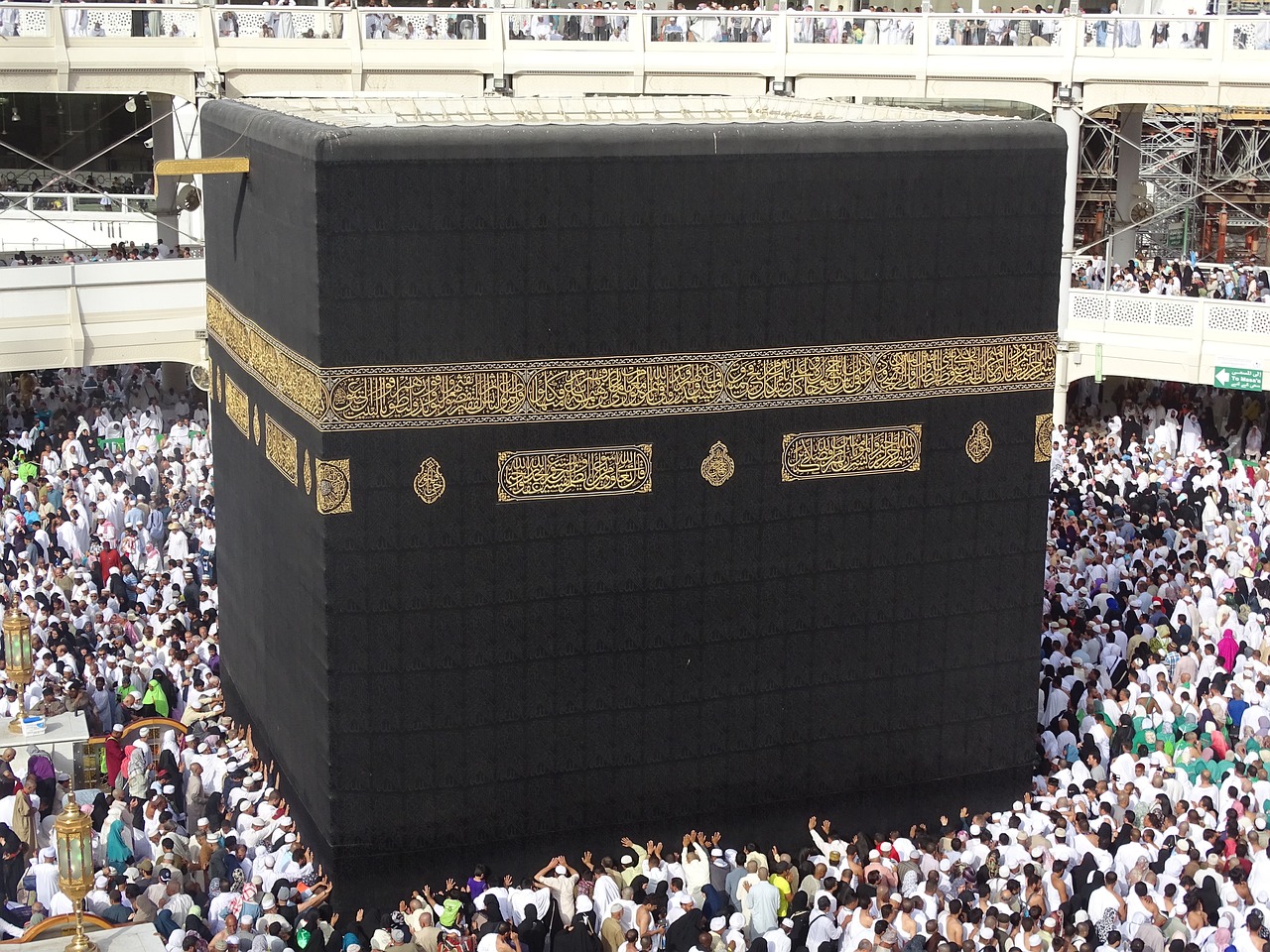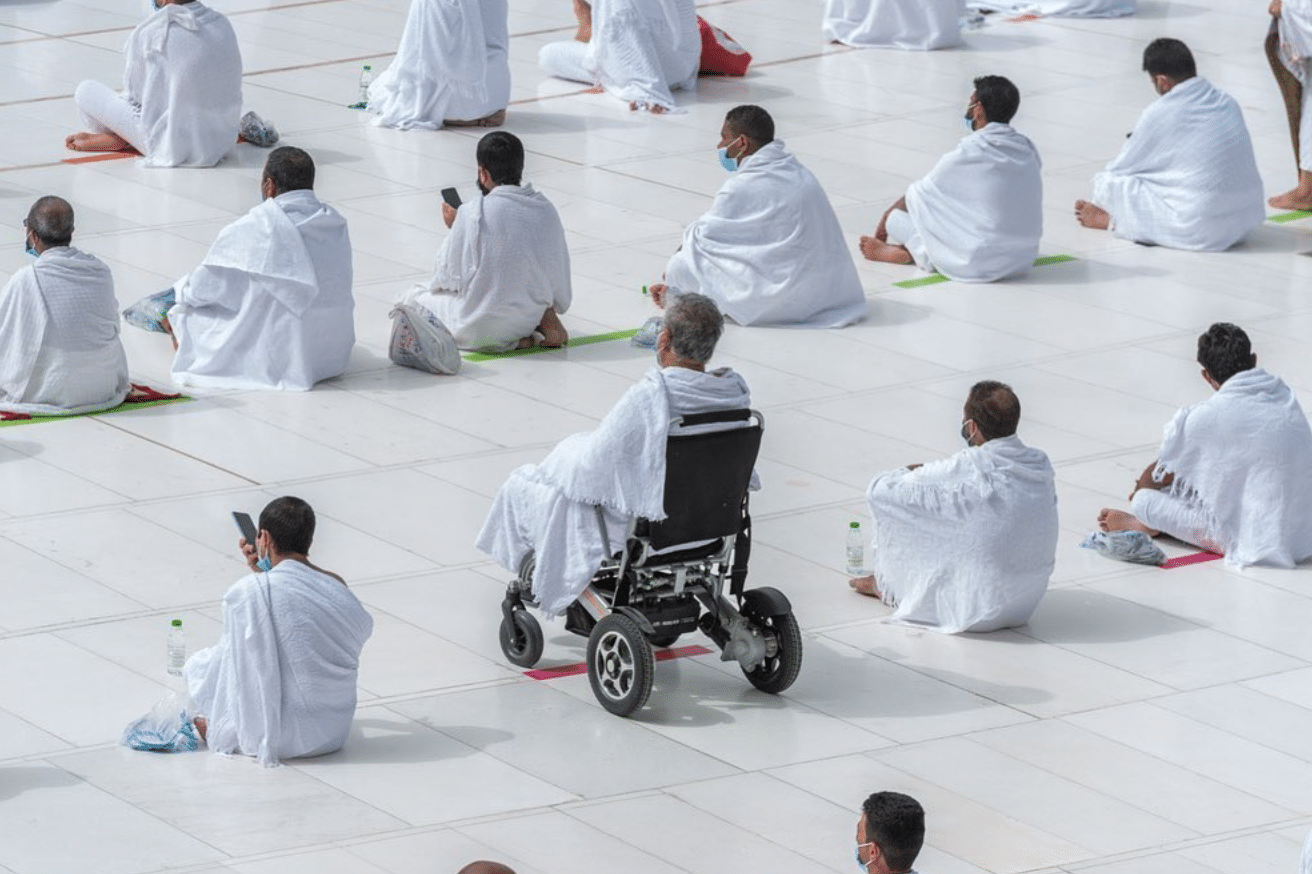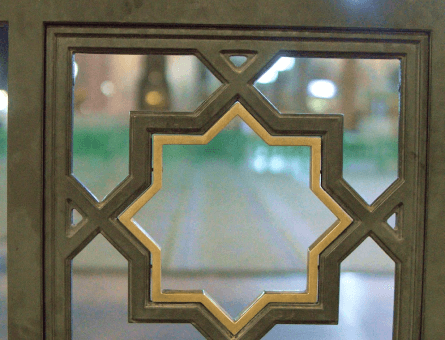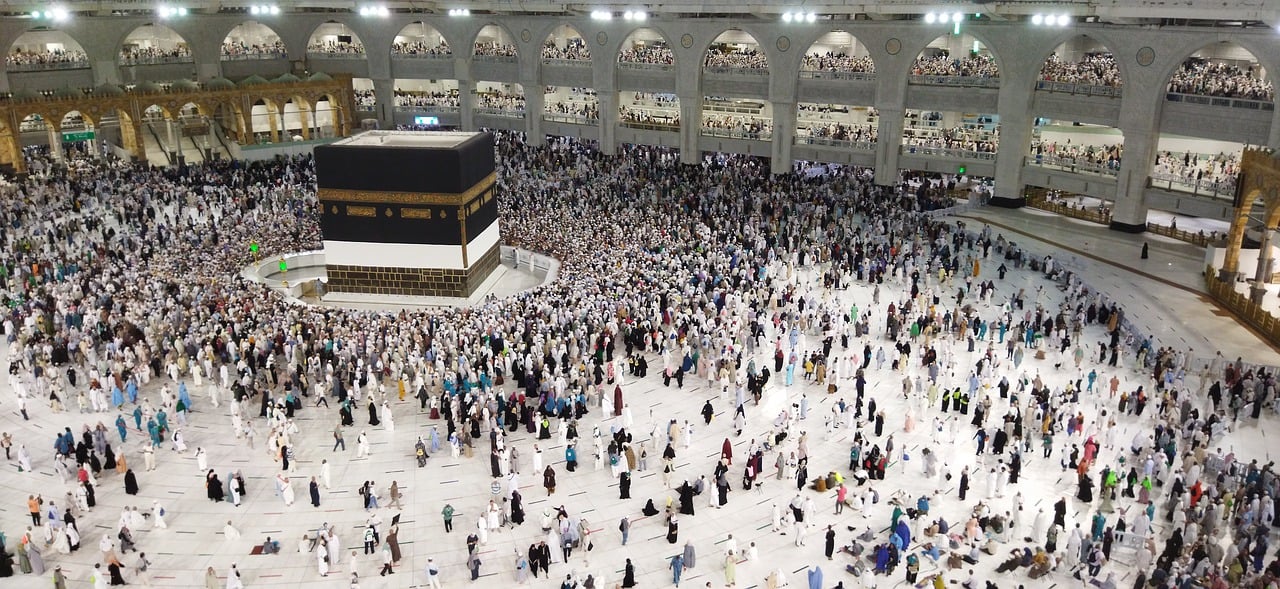Can I perform multiple Umrahs? Is This Allowed in Islam?
Embarking on a pilgrimage to the holy city of Mecca for Umrah is a cherished dream for countless Muslims worldwide. The question often arises: Can I perform multiple Umrahs? The answer is yes, and this practice is indeed encouraged in Islam.
Performing Umrah is a deeply spiritual and personal experience that allows Muslims to cleanse their souls and draw closer to Allah (SWT). While the Hajj pilgrimage is obligatory once in a lifetime, Umrah is a non-mandatory pilgrimage that can be undertaken as often as desired.
The Prophet Muhammad (peace be upon him) is reported to have said that performing Umrah repeatedly expiates sins and elevates one’s spiritual rank.
The ability to do more than one Umrahs provides a wonderful opportunity for Muslims to renew their connection with Allah (SWT) and engage in acts of worship. Each Umrah journey is a chance to seek forgiveness, supplicate blessings, and strengthen one’s faith. It’s essential to perform each Umrah with sincerity and humility, recognising the immense blessings of undertaking such a journey.
Performing multiple Umrahs is a blessing that allows Muslims to enrich their spiritual lives and seek closeness to Allah (SWT). It’s a chance to experience the profound beauty of Mecca, connect with fellow believers, and partake in acts of worship that bring solace to the heart and tranquility to the soul.
How many Umrah can be performed in one day?
The question of how many Umrahs can be performed in one day is a matter of convenience and practicality, as there is no fixed limit prescribed in Islamic teachings. Technically, a person can perform multiple Umrahs in a single day, given the availability of time and physical capability.
Nonetheless, it holds paramount importance to approach the practice with a proper and sincere intention, directing your focus towards the spiritual dimension rather than hurrying through the rituals.
Performing Umrah involves a sequence of specific rituals, including the Tawaf (circumambulation) around the Kaaba, Sa’i (walking between Safa and Marwah), and other supplications. These rituals demand time, devotion, and reflection.
Attempting to perform multiple Umrahs in a short span could lead to a hurried experience, missing out on the depth of spirituality that comes with each Umrah. Giving each Umrah the time it deserves is recommended, allowing for a meaningful and profound connection with Allah SWT.
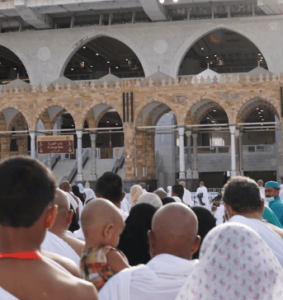
How many Umrah did Prophet Muhammad (SAW) perform?
It is reported in detail in Hadith literature that Allah SWT’s Messenger (PBUH) performed Umrah four times throughout his life.
The most notable instance is the Umrah of Hudaybiyyah, well-documented in Islamic history. This Umrah occurred during the sixth year of the Islamic calendar and was accompanied by many companions. The treaty of Hudaybiyyah was also signed during this journey, which had far-reaching implications for the growth of Islam.
The Prophet’s (peace be upon him) example encourages believers to engage in acts of worship, including Umrah, to draw closer to Allah SWT and seek His blessings. While the exact count remains uncertain, the sincerity and devotion with which the Prophet (peace be upon him) approached these acts serve as an inspiration for Muslims seeking to enhance their spiritual journey through Umrah.
How long is the average Umrah?
The duration of an average Umrah can vary depending on factors such as crowd size, personal pace, and the specific rituals performed. On average, a well-organised and smoothly executed Umrah takes 3 to 6 hours.
This time frame includes the Tawaf (circumambulation) around the Kaaba, Sa’i (walking between Safa and Marwah), and other essential supplications. However, some muslims might extend their stay in Mecca to engage in additional prayers, reflection, and acts of devotion beyond the core rituals of Umrah.
Is there a limit on how many times you can do Umrah?
In Islam, there is no specific limit on how often an individual can perform the Umrah pilgrimage. Unlike Hajj, which is obligatory once in a lifetime for those who can, Umrah is a non-mandatory pilgrimage that can be undertaken as frequently as desired. This flexibility allows Muslims to engage in acts of worship, seek forgiveness, and strengthen their spiritual connection with Allah SWT.
The ability to perform Umrah multiple times is considered a blessing, and it’s encouraged as a means of drawing closer to Allah SWT. Many believers undertake Umrah journeys at different points in their lives, seeking the unique spiritual benefits each pilgrimage offers.
However, although there are no rigid restrictions, it’s crucial to perform each Umrah pilgrimage with authenticity, deep respect, and a concentrated emphasis on its spiritual essence, as opposed to pursuing a mere numerical count. The sincerity and profound devotion behind your intention hold far more weight than the sheer quantity of Umrah pilgrimages completed.
Can Muslims do Umrah from Masjid Ayesha?
Muslims can perform Umrah from the revered Masjid Ayesha, fondly known as the “Masjid Taneem.” Situated a short distance from the sacred Haram in Mecca, this mosque is special for pilgrims preparing for their spiritual journey.
It’s a place where the devout don the pristine white Ihram garments. The Ihram symbolising their commitment and readiness for both pilgrims who performed Hajj and Umrah.
Masjid Ayesha provides a convenient starting point for those who may not be near Haram. By entering into the state of Ihram here, travelers set themselves on a path of devotion and consecration before proceeding to the Haram for the cherished Tawaf and other rituals integral to Umrah and Hajj.
The choice to commence the Umrah journey from Masjid Ayesha is embraced by many, not only for its practicality but also for the spiritual anticipation it instills. As the heart brims with reverence and the soul resonates with devotion, pilgrims step into the timeless footsteps of countless believers in their Ihrams, embarking on a journey of purification and divine connection that only Umrah can offer.
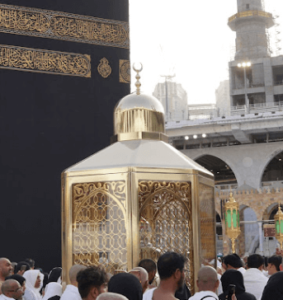
Can you perform Umrah for someone else?
Yes, you can. Offering Umrah on behalf of someone else is permissible. However, it does come with its own set of rules and conditions. You can only perform Umrah on behalf of someone else if they are deceased, unwell, or physically unable to perform the pilgrimage.
Navigating the intricacies of religious practices in Islam often necessitates consulting knowledgeable scholars or religious authorities, especially when dealing with exceptional circumstances.
While offering prayers and supplications for the well-being and blessings of others during your Umrah journey is a noble and compassionate intention, the core ritual of performing Umrah remains a deeply personal undertaking that fosters a direct connection between the believer and the divine.
Can you perform Umrah for more than 1 person?
The ritual of pilgrimage can only be done on behalf of one person at a time. This means that you cannot perform Umrah for more than one person at a time. Instead, you will have to do two Umrahs on behalf of two people. When performing Umrah for more than one person, you should start the second one from outside the area of Masjid Al-Haram; the nearest is the masjid at Taneem.
Al-Nawawi (May Allah Have Mercy Upon Him) said in al-Majmoo’ (7/126), “Our companions said: If two men hire a man to do Hajj on their behalf, and he enters ihraam on their behalf, then his ihraam becomes his and is not counted on behalf of anyone else, because ihraam cannot be entered on behalf of two people, and neither of them is more entitled than the other.
If he enters ihraam on behalf of one of them and on his own behalf at the same time, then his ihraam is on his own behalf because it is not permissible to enter ihraam on behalf of two, and he is more entitled to his ihraam than anyone else, so it is his.” (al-Shaafa’i in al-Umm, and he was followed by Shaykh Abu Haamid, al-Qaadi Abu’l-Tayyib)
Summary – Can I perform multiple Umrahs?
Just as the heart seeks endless connections with the divine, there’s no cap on the number of Umrahs you can undertake. While Hajj is obligatory once, Umrah’s door swings open for you to step through as many times as your spirit desires.
Each Umrah is a chance to sweep away burdens and bask in Allah’s SWT presence. Just remember, it’s not about tallying up Umrahs but about the sincerity of your journey. Every pilgrimage carries its unique blessings. So, lace your steps with devotion, let your intentions soar, and let the Kaaba witness your unwavering faith on this spiritual voyage
Through His Names
New course with
Ustadh Shabbir Hassan








